What to know about L-carnitine
L-carnitine, also known as levocarnitine, is a naturally occurring amino acid structure that the body produces. People can also get it from their diet or take it in the form of an oral supplement. L-carnitine plays a critical role in energy production, as it converts fat into energy.
Most people will get enough L-carnitine from their diet or their body’s production of this compound. Those with low L-carnitine levels may benefit from taking an oral supplement, though.
As well as supporting energy production, L-carnitine may help some other functions in the body, such as maintaining general brain function and reducing the risk of certain disorders.
Some people may experience mild side effects when increasing their L-carnitine intake, especially with long-term use.
What is L-carnitine?
L-carnitine is a type of carnitineTrusted Source, which is a derivative of amino acids. Amino acids combine to make proteins, which carry out many essential tasks in the body. Carnitine helps the body break down fatty acids and turn them into energy to power the cells.
L-carnitine is a conditionally essential nutrient, meaning that the body can generally make enough of it, but, in some cases, a person may have to get the compound from food or oral supplements if they cannot make enough.
In the body, the liver and kidneys create L-carnitine from the amino acids lysine and methionine. The kidneys can also store L-carnitine for later use and eliminate the excess through the urine stream.
L-carnitine, and carnitine in general, is a key component in creating energy for the cells. Its main functionTrusted Source, helping break down fatty acids for use as energy, keeps the body’s cells powered and working efficiently.
L-carnitine also has a secondary function of helping remove some waste products from the cells to prevent them from accumulating and causing problems.
In addition to its core functions, L-carnitine may also pose some other benefitsTrusted Source to the body. These include:
Heart health
L-carnitine may help with some markers of heart health, although the research is still ongoing.
Supplementation may help improve L-carnitine levels in a failing heart, which could boost heart health and circulation in the short term following a heart attack. Supplementation may also help with symptoms of heart failure, such as chest pain and arrhythmia.
Cancer treatment
At times, cancer treatments, such as chemotherapy, may cause a person to become deficient in L-carnitine. In these cases, L-carnitine supplements may help reduce symptomsTrusted Source such as fatigue and weakness.
Researchers are currently studying the compound as a possible way to prevent tissue damage due to chemotherapy, but this research is in the early stages.
Kidney or liver disease
As the kidneys and liver help create and use L-carnitine, disease in these organs or organ failure may lead to L-carnitine deficiency. Doctors may recommend L-carnitine supplementation in these cases to support the function of the kidneysTrusted Source and liverTrusted Source and prevent deficiency.

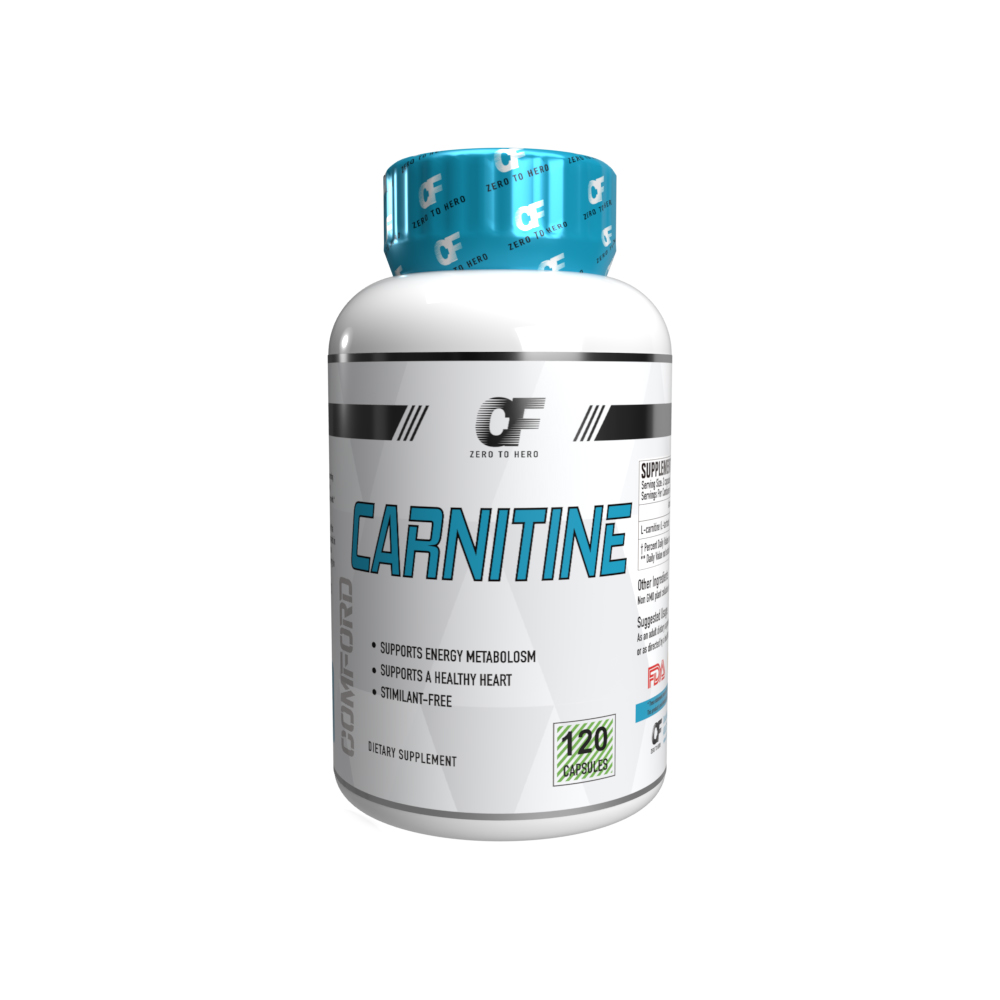
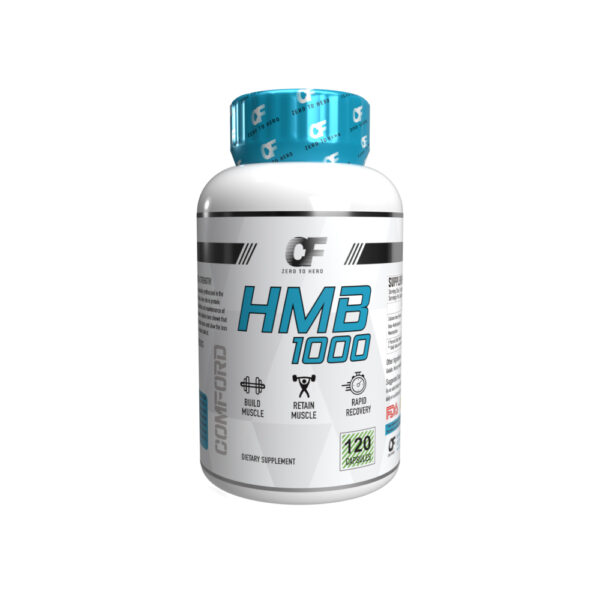



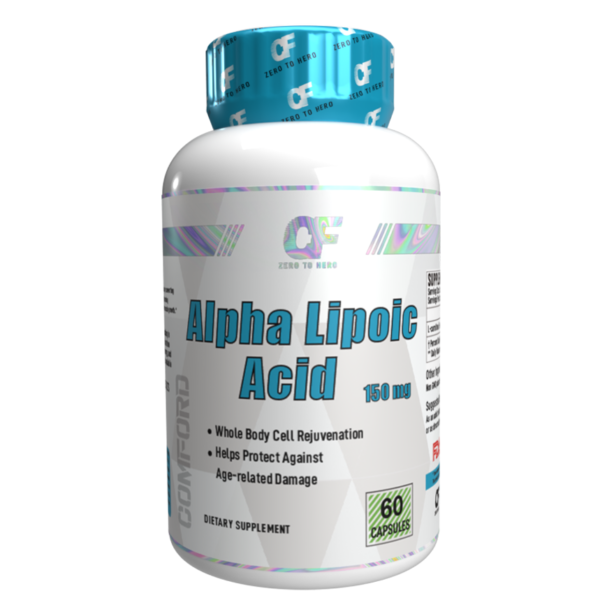
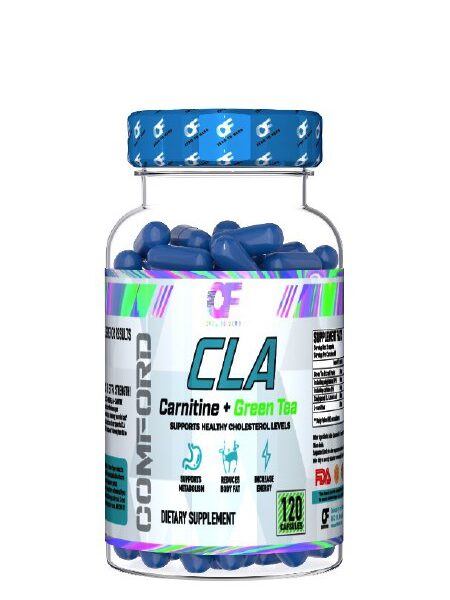



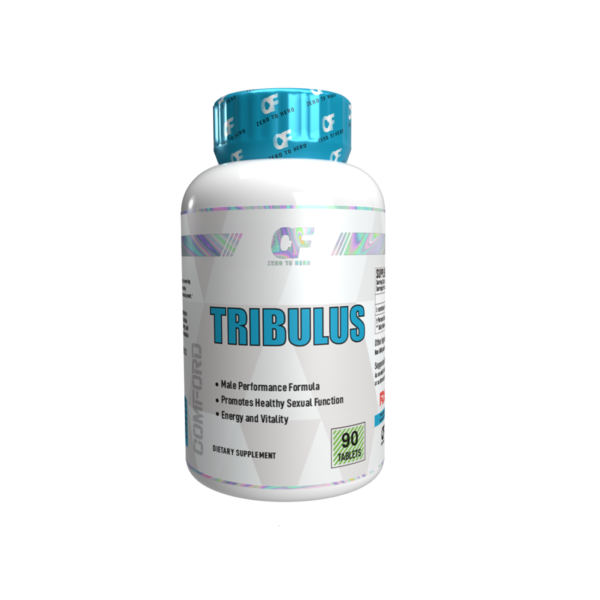
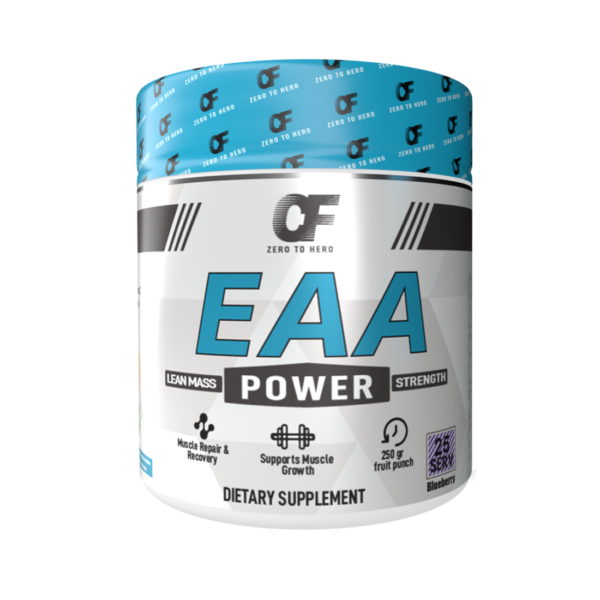
Reviews
There are no reviews yet.